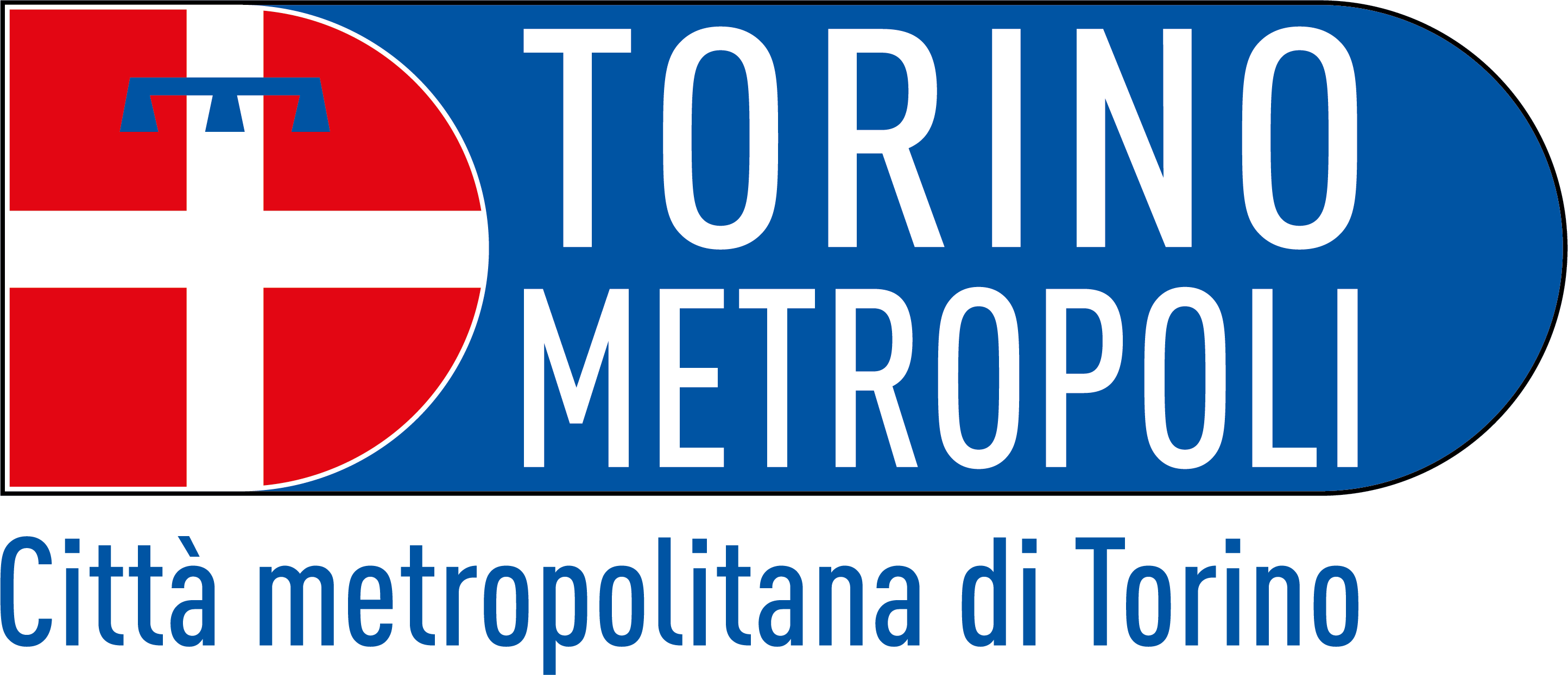Some recent examples in the Italian context.
Reading time: 4 min
The terms "bring your to-go box" and "empty to return" are two important tools for reducing the production of packaging waste. An additional tool of interest often mentioned is the "deposit return system", which however has a different purpose: to improve the selective collection of specific packaging to start them to recycling.
The practice of bringing your container was introduced in Italy with law No. 141 of 12/12/2019 (cd. Climate Decree): this rule introduces the possibility of bringing your own reusable containers from home to supermarkets, to fill them with any loose products, provided they are clean and lockable. However, it is not a widespread practice at present, especially given the lack of knowledge of legislation among both citizens and employees in the sector. Sometimes, for example, supermarket employees only accept containers as a concession, or refuse them by declaring that they have not received clear directives.
When it comes to empty to return and deposit return system we mean the purchase of a product on whose packaging a deposit is placed, in addition to the selling price. The deposit will be refunded when the empty packaging is returned to a collection point. The two systems differ for the subsequent management of the packaging: in the first case it will be sanitized and put back into circulation, in the second it will be started to recycling (often in a closed-loop circuit (1) ).
There are several examples that show the application at the Italian level of the system of "empty to return" - in addition to the most classic and now consolidated system on glass bottles - and cases that favor the use of its own container.
From the 1st of February 2023 in Milan a six-month trial has started, at 13 stores of the NaturaSì chain, which gives the possibility to collect a free kit of 4 different containers to use for purchases in gastronomy.
Another experimental project was also held in Milan, of two-year duration, concluded at the beginning of the year, which has promoted the use of reusable containers for take-away: the local members have given the opportunity to choose the food and/or drink storage box, leaving a security deposit or using the appropriate app. At the end, you just have to return the container to one of the premises of the circuit to get back the deposit. This container will be washed and sanitized before being used again.
In Varese, on the other hand, in 2019 Spesa Sballata was born, a project involving supermarkets, shops, pizzerias and campsites, offering them the possibility of using durable and reusable plastic containers, made by Aroundrs start-up. This trial takes place between May and October 2023, and works through the start-up app; after delivery, the container can be returned within seven days, otherwise 10 euros will be charged.
The project is widespread in several cities, including Turin, within some shops, in particular gastronomies. To know all the members, you can consult the map by downloading the app.
Also in Turin, the Plastic Free Movida (PFM) project was launched in 2019 by the Turin association of social promotion GreenTo. The project has made available, to the circuit of adherent locals, rigid plastic glasses (washable and reusable) for the purchase of drinks, paying a deposit along with the drink. The innovative aspect lies in the ability to return the glass (and receive back the deposit) in any local member of the circuit.
The project, however, has encountered some critical management issues and does not seem, unfortunately, widespread anymore. Despite that, it is a profitable experience for the city and some bars and clubs have consolidated their own system that involves the use of reusable glasses with the payment of a deposit.
Although the choice between reusable and disposable remains to the consumers, the limited application of these systems very often does not give the customer a choice.
A novelty comes from Germany to stem this problem: the introduction of a law, in force since the 1st of January 2023, guarantees consumers the choice of being served with reusable packaging. The premises, as well as canteens and truck stops, are in fact obliged to serve the products in washable and reusable containers (in addition to disposable containers), but also not to ask for a price surcharge for these new options for take-away; they can only fix a deposit that will be refunded with the return of the container.
All the initiatives listed, and not only, sometimes even experimental, show us how a change of direction in packaging management is possible, raising awareness and encouraging people and businesses to adopt systems and good practices for reuse.
Do you want to reduce the use of packaging in your daily purchases? See our map of Reduce and Reuse Points!
(1) The term closed-loop means a completely circular system of collection and recycling of waste, which will be sent to recovery of material to manufacture the same product from which they derive.
Alessia Santoro
For further informations:
Contenitori riutilizzabili per l’asporto, ecco le sperimentazioni italiane (Economia circolare)
“Contenitori riutilizzabili nei supermercati? Un tabù”. Il test di Greenpeace (Economia circolare)
Takeaway, dal primo gennaio scatta l'obbligo di offrire imballaggi riutilizzabili (Europa today)
La Città metropolitana di Torino aderisce alla nostra Campagna “A Buon Rendere - molto più di un vuoto” (Comuni virtuosi)
Read also:
The new EU Commission’s proposal for a regulation on packaging: Montecitorio’s position
Organizing disposable-free events?
Reuse models
